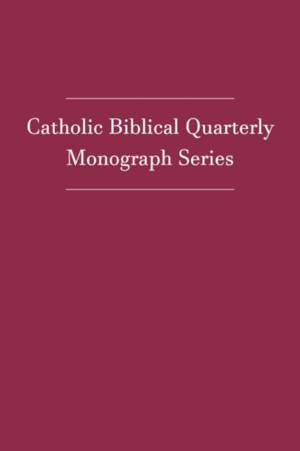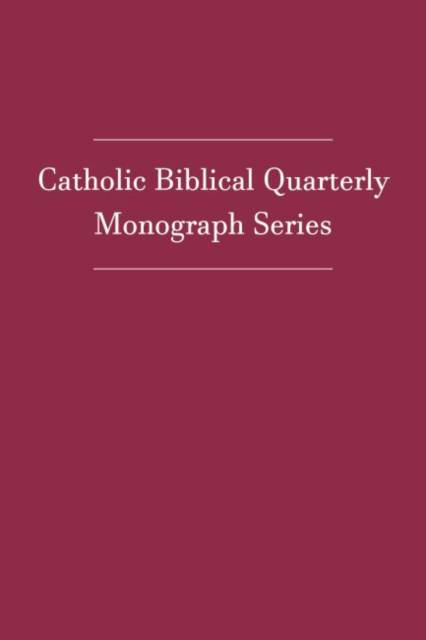
Je cadeautjes zeker op tijd in huis hebben voor de feestdagen? Kom langs in onze winkels en vind het perfecte geschenk!
- Afhalen na 1 uur in een winkel met voorraad
- Gratis thuislevering in België vanaf € 30
- Ruim aanbod met 7 miljoen producten
Je cadeautjes zeker op tijd in huis hebben voor de feestdagen? Kom langs in onze winkels en vind het perfecte geschenk!
- Afhalen na 1 uur in een winkel met voorraad
- Gratis thuislevering in België vanaf € 30
- Ruim aanbod met 7 miljoen producten
Zoeken
Omschrijving
This engaging study reflects the growing interest in the relationship of John's Gospel to the Roman imperial context in which it was composed. It begins and ends with quotations from modern sources that show why the question might be of more than historical interest. The first quotation is from the Barmen Declaration of 1934, in which Christian leaders who resisted the advances of Nazism pointed to the lordship of Christ over the claims of the state. The final quotation is from Pope Pius XI, who in 1925 affirmed Christ's lordship in the wake of cultural currents that removed modern nation states from the claims of the higher authority of God. The problems raised by conflicts between the claims of human government and those of Christian faith provide an important reason to consider what these meant for early Christians, including those for whom John's Gospel was written.
Specificaties
Betrokkenen
- Auteur(s):
- Uitgeverij:
Inhoud
- Aantal bladzijden:
- 228
- Taal:
- Engels
- Reeks:
Eigenschappen
- Productcode (EAN):
- 9780915170425
- Verschijningsdatum:
- 2/10/2007
- Uitvoering:
- Paperback
- Formaat:
- Trade paperback (VS)
- Afmetingen:
- 152 mm x 229 mm
- Gewicht:
- 385 g

Alleen bij Standaard Boekhandel
+ 117 punten op je klantenkaart van Standaard Boekhandel
Beoordelingen
We publiceren alleen reviews die voldoen aan de voorwaarden voor reviews. Bekijk onze voorwaarden voor reviews.









